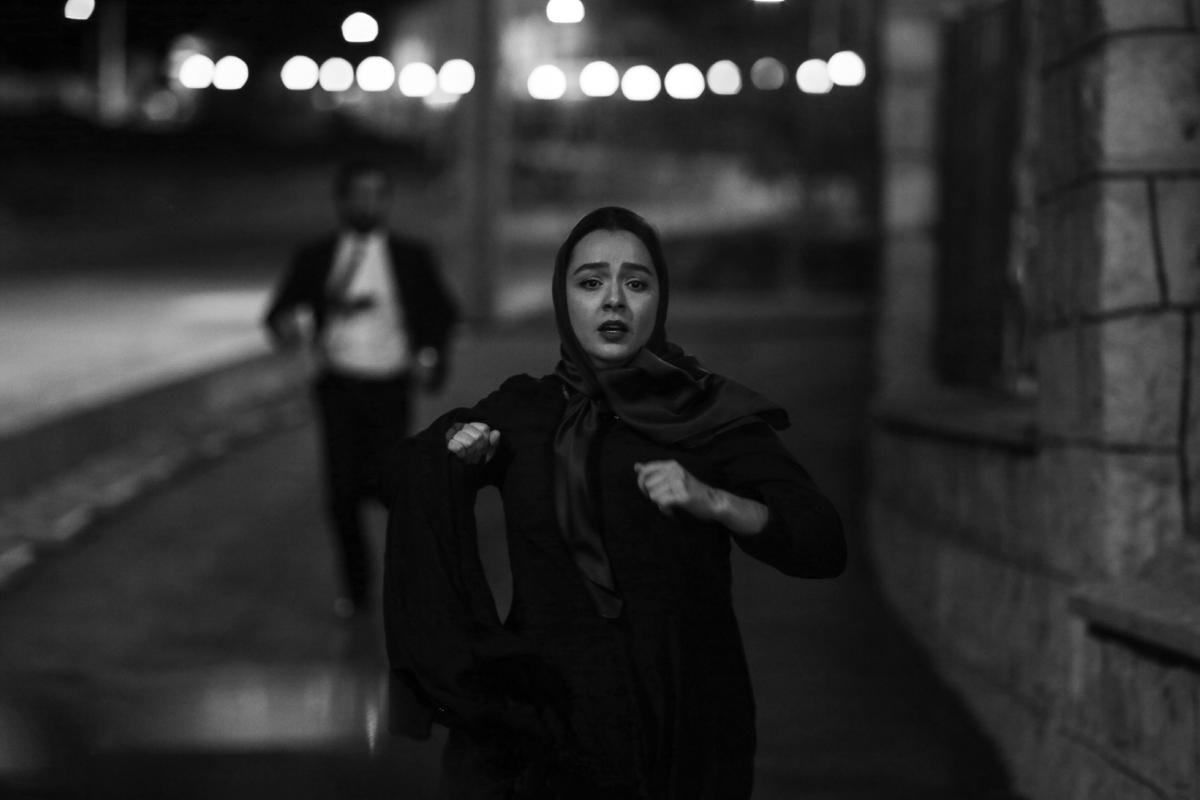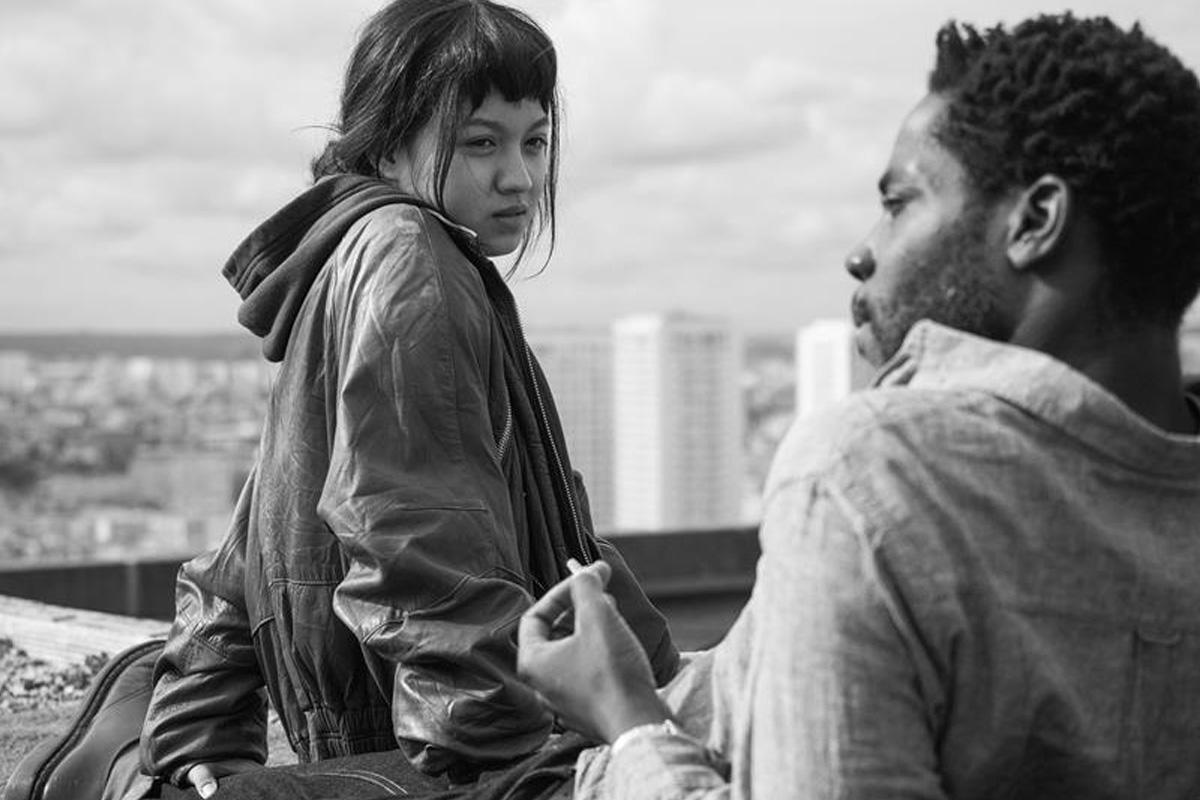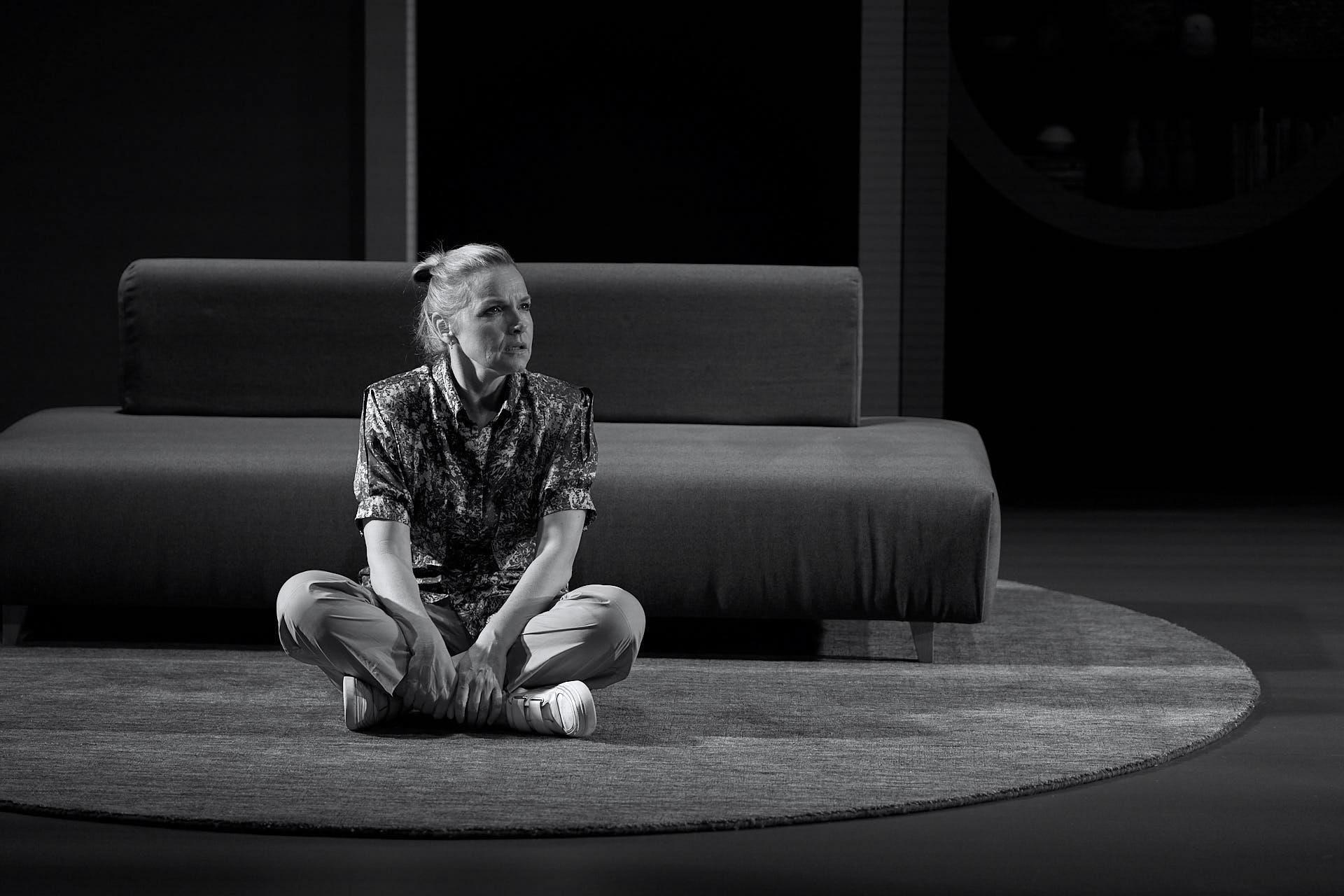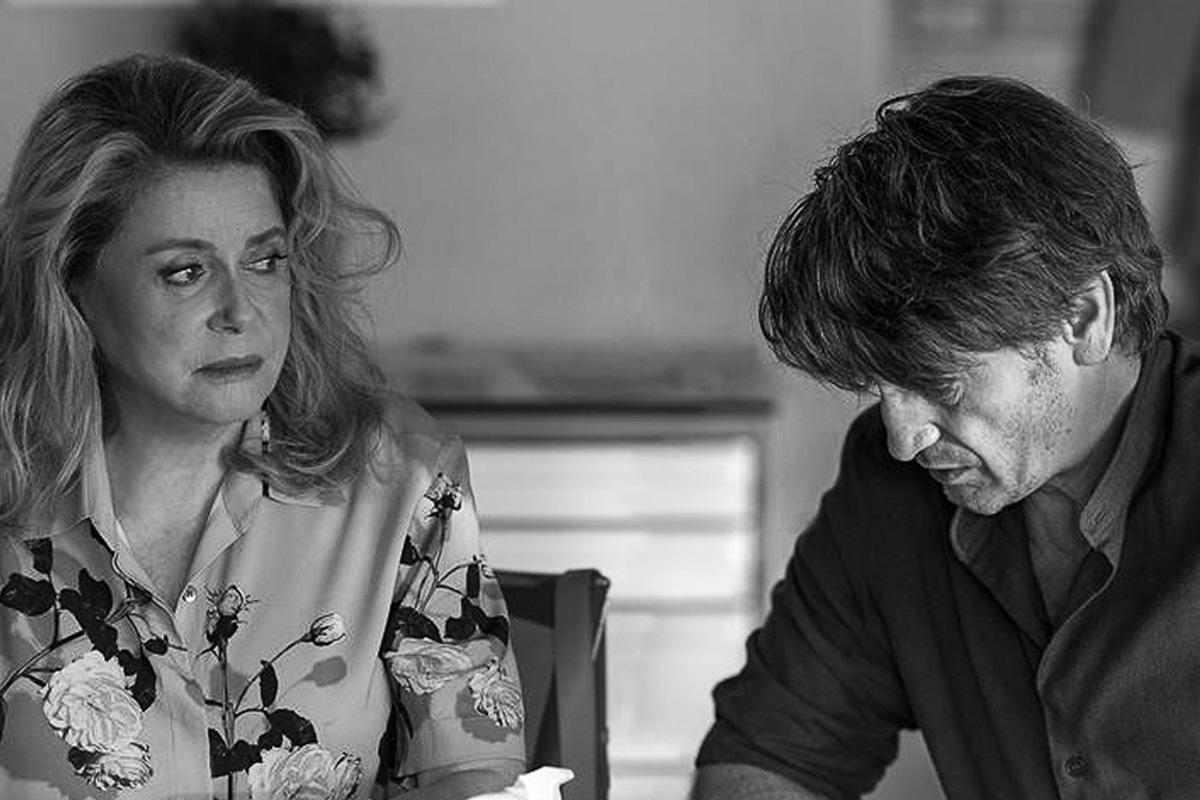
Leila’s Brothers
165 mins
Directed by Saeed Roustaee
Starring Taraneh Alidoosti, Navid Mohammadzadeh, Saeed Poursamimi
Farsi (with English subtitles)
Palace Nova Eastend Cinemas
Adelaide Film Festival
Buy Tickets
Saeed Roustaee offers us a pensive beginning to Leila’s Brothers, showcasing Saeed Poursamimi as the patriarch of the Iranian Jourablou family. We are then quickly launched into an aggressive introduction of other family members with chaotic tension moving between electric shock massage and factory rioting; the pain and fear, visceral. These settings lay out an analysis of only the powerful having a voice; a theme that is exemplified throughout as the family spirals into deeper poverty. This demise pulls ritual into question, explores the debilitating impacts of maintaining a patriarch, and highlights the costs and benefits of tradition, and the intergenerational pressures of reputation within community.
The Jourablou family-scape provides a tumultuous space in which Roustaee presents larger systemic themes, such as power structures, mortality, poverty, and agency (or lack of); pushing and pulling the audience in a mostly engaging momentum. The occasional theatre-like blocking of characters is visually appealing, especially in intense dialogue scenes between the more rational siblings, Leila (Taraneh Alidoosti) and Alireza (Navid Mohammadzadeh). Their relationship is pivotal in the moral dilemmas the family faces and their connection is pure and fervent. Questions of who holds families together (also demonstrated in the title itself), who’s to blame for misfortune, and who dictates our lives (the dead man’s presence is felt) are held and explored through Alidoosti’s fierce performance and Mohammadzadeh’s keen loyalty to the family microcosm. Poursamimi’s portrayal of the father and his relationship with ego, humiliation, delusion and the teetering nature of power is frustrating, in the best of ways. His stubbornness divides the family and tests the viewer’s compassion. The wider family members play into stereotypes, often with buffoon characterisation, providing comic relief from the growing narrative strain.

Hooman Behmanesh’s intimate cinematography reveals the potent unsaid, especially between Alidoosti and Mohammadzadeh. Their key scenes hold and carry the narrative forward with striking angles and positions in both set and character, deepening the tension aesthetically and thematically. Coupled with quiet takes of Poursamimi in the small daily moments, a picture is created of the complexity of their family dynamic, highlighting their opposing perspectives and interplay between tenderness and agitation. The final scene is exquisite, the lack of dialogue bookends Leila’s Brothers in a way that leaves the audience with an unexpected sense of acceptance.
Roustaee’s screenplay provides punchy commentary, ‘poverty makes you lose confidence and look stupid’ reflecting the alive and kicking class system, combined with family truths, ‘you were taught what to think, not how to think’. The multi-themed storyline results in a long and at times slow viewing. Yet, maybe this is a necessary and intentional build-up by Roustaee to create layers of stress, depth and epic repercussions to encompass the gravity felt by Leila, her brothers and maybe many Iranian families. I did wonder though if the early contextual scenes to Leila and Alireza were needed for the overall plot, as they held a different energy and direction to the remainder of the film.
I was anticipating the film to delve more into the societal layers of patriarchy, however by Roustaee skillfully weaving these threads within a familial context, he highlights a relatability and enables space for the audience to translate at a macro level if we wish. Moreover, this might invite us to question ourselves at a more intimate level as we reflect on our own family structures, dynamics and how we choose to navigate conflicting needs.






Leave a Reply